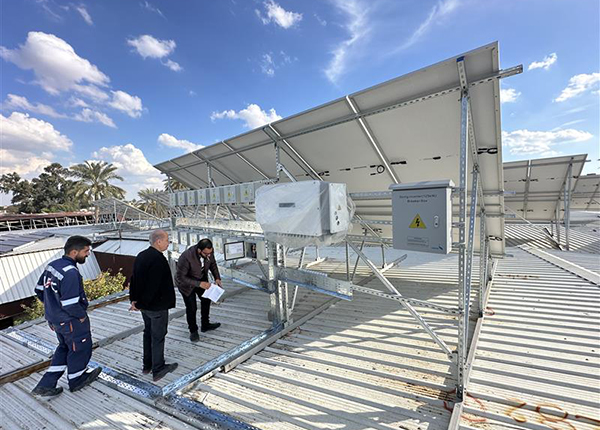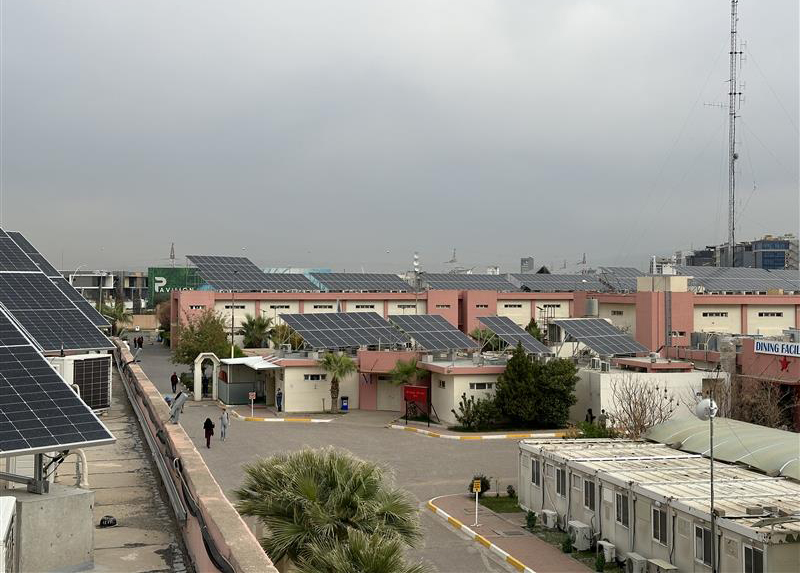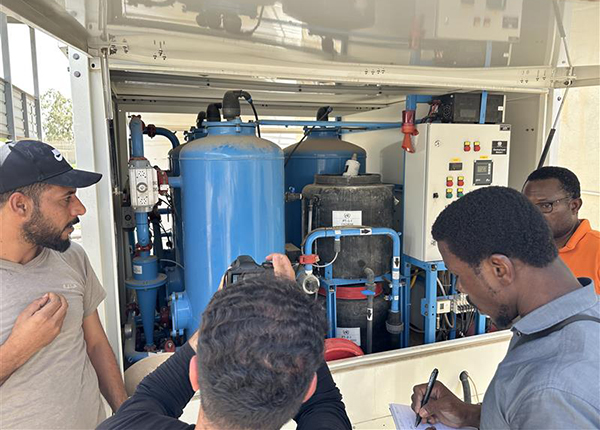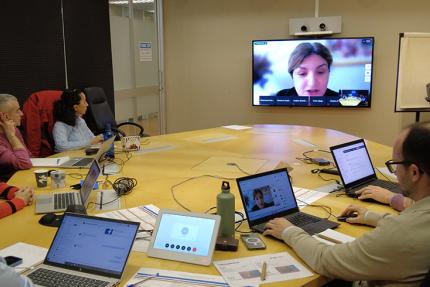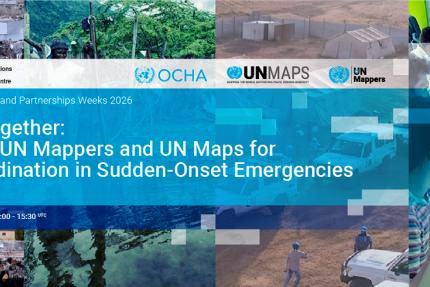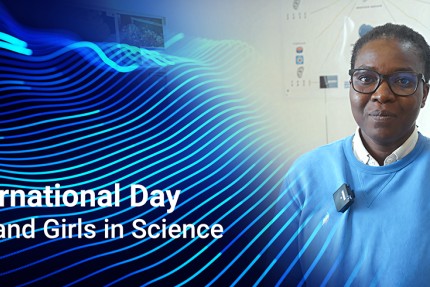Welcome to the second edition of our series "Serving the Future with UNGSC," where we highlight strategies to advance vital topics being addressed by world leaders this September at the UN's Summit of the Future.
Sustainable development and environmental management are key priorities for the UN and for peace operations in particular, which account for a significant portion of the UN's overall emissions¾87% of the UN Secretariat’s greenhouse gas emissions and 48% of those of the entire UN system.
Besides deploying a hundred thousand civilians, police, and military personnel, many peace operations are in hard-to-reach places where infrastructure may be inadequate or damaged through conflicts. As a result, they often need to be entirely self-sufficient, including for energy, water, and waste management, which leads to a significant environmental footprint. If not managed properly, they can pose risks to personnel, host communities, ecosystems, as well as the reputation of the UN.
Here at UNGSC, we work hand in hand with field missions, under the guidance of the Department of Operational Support (DOS), to help reduce environmental impact, enhance positive legacy, and share knowledge and best practices, in line with the DOS Environment Strategy for Peace Operations. The United Nations Assistance Mission in Iraq (UNAMI) offers valuable examples; UNAMI Environmental Affairs Officer, David Saginadze, explains:
“UNAMI operates in a region where environmental concerns are critical. We are therefore taking bold steps to mitigate our environmental footprint, increasing the share of renewable energy by 50% of the mission's total demand, transitioning towards zero waste to landfill, and reducing freshwater consumption by an impressive 40%. One of the elements in accomplishing these targets has been the valuable support provided by UNGSC’s Environmental Technical Support Unit (ETSU). Their technical support and recommendations ensured the efficient and effective setup of our solar infrastructure, optimizing renewable energy generation and utilization within our mission. This project also involved inter-agency cooperation with UNICEF. These effective collaborations have helped UNAMI make considerable strides in its environmental sustainability programme. Together, we are committed to not only meeting, but surpassing our environmental goals, setting a precedent for innovative, sustainable practices within other UN field missions.”
Learn more about UNAMI's best practices in the article "From Strategy to Reality: A Case Study with the United Nations Assistance Mission for Iraq" and about “The Way Forward: Environment Strategy for Peace Operations 2023-2030" in our 30th anniversary publication Of Service: Stories of Solutions and Impact 1994-2024 (p.12 - 18).
